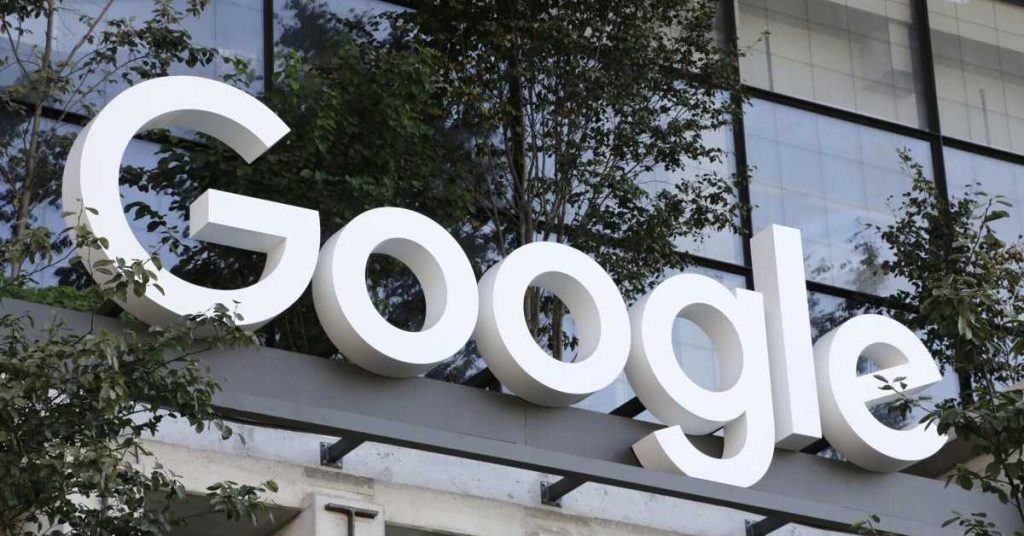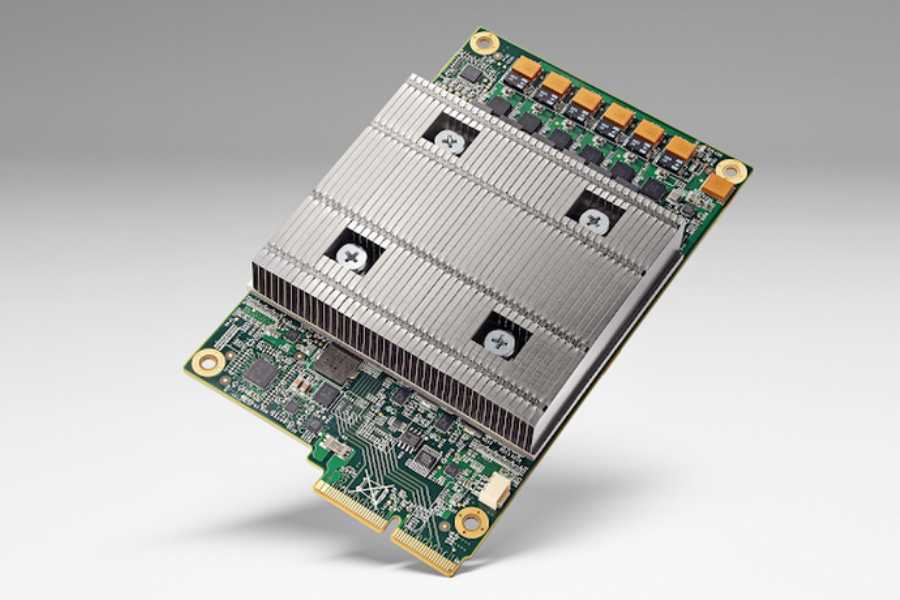Google reached a settlement on Wednesday in a patent infringement lawsuit over the TPU chips powering its artificial intelligence (AI) technology, just hours before closing arguments were set to begin.
The lawsuit, filed by Massachusetts-based Singular Computing, sought $1.67 billion in damages, alleging Google used their technology for its Tensor Processing Units (TPUs).

For those unaware, a TPU is a specialized hardware accelerator designed for machine learning and artificial intelligence (AI) workloads. TPUs are optimized to perform the complex calculations involved in AI tasks.
They are significantly faster and more efficient than traditional CPUs or GPUs for these types of tasks. This is because they are designed specifically for the mathematical operations used in AI algorithms.
Details of the settlement remain confidential, with both Google and Singular only confirming the agreement and declining further comment. Google spokesperson Jose Castaneda maintained the company’s innocence, stating they were “pleased to have resolved this matter.”
Singular, founded by computer scientist Joseph Bates, claimed Google used their technology in TPUs, driving AI features in popular services like Google Search, Gmail, and Translate. Bates allegedly shared his ideas with Google between 2010 and 2014, and the 2019 lawsuit argued later TPU versions (2 and 3) infringed on two of his patents.

Google introduced TPUs in 2016 to power AI functions like speech recognition, content generation, and ad recommendations. Bates argued versions 2 and 3, released in 2017 and 2018, infringed on his patents.
Internal Google emails presented at the trial’s opening revealed the company’s now chief scientist Jeff Dean discussing with others how Bates’ ideas were “well-suited” for their development.
However, Google countered that employees who had designed their chip never met Bates and created the technology independently, claiming it differed significantly from Singular’s patents.
Related:
- Google Pixel 9 images appear to showcase design, reveals triple rear cameras
- [Exclusive] Google Pixel 9 Pro case leak further confirms Pill-Shaped Design
- Google Pixel 8a retail box leaked, reveals design & 27W fast charging
- Get Redmi K70 Pro for discounted price of $499
- Xiaomi Band 8 Genshin Impact custom edion get a huge discount
- Big Discount: AOOSTAR R1 N100 NAS Mini PC Only For $159
- OnePlus partners with Pixelworks to Elevate Mobile Gaming Experience on the OnePlus 12
(Via)




